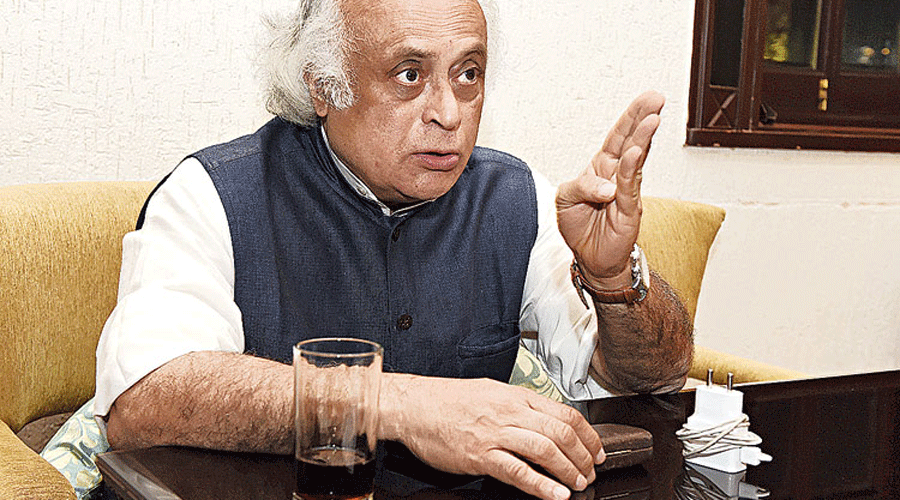The Congress on Monday described the Supreme Court verdict in the Zakia Jafri case as “deeply disappointing” while stressing that no amount of BJP propaganda can cover up the stain of the 2002 Gujarat violence or Narendra Modi’s failure as chief minister in handling it.
“The Supreme Court judgment in the Zakia Jafri case is deeply disappointing,” party communications chief Jairam Ramesh said, before posing certain “fundamental questions”.
“Despite the judgment dated June 24th, 2022, the following fundamental questions still remain unanswered: 1. What is the Constitutional & moral responsibility of the Chief Minister & State Govt in cases of large-scale communal riots? 2. Is the responsibility in such cases, only ever that of the Collector & Dy. Commissioner of Police and not of political executive? 3. Will the Chief Minister, Cabinet and State Government never be held accountable, even if a State is thrown into a circle of violence & riots?”
Ramesh referred to then BJP Prime Minister Atal Bihari Vajpayee’s public advice to Modi to carry out his “rajdharma” (duties of a ruler) and the Supreme Court’s description in 2004 of the then Gujarat rulers as “modern-day Neros” who had done nothing as the state burnt.
The apex court had on Friday accepted a special investigation team’s findings and absolved Modi and 63 others of charges of a larger conspiracy behind the violence, as levelled by Zakia Jafri. A mob had burnt alive Zakia’s husband, former Congress MP Ehsan Jafri, with 68 others at Ahmedabad’s Gulberg Society housing complex on February 28, 2002.
The Congress has challenged the BJP’s interpretation of the judgment as an exoneration of Modi from all charges relating to the Gujarat riots. Congress spokesperson Abhishek Singhvi has argued that the verdict’s context is limited to the Gulberg Society massacre.
Ramesh’s statement on Monday reflected the Congress’s stand that Modi and his then Gujarat government had acted irresponsibly through the riots and their aftermath, when relief and justice needed to be delivered to the victims.
“Furthermore, while the Supreme Court has pronounced its judgment, there are five questions that will continue to haunt the Prime Minister,” Ramesh said. He said these questions were:
**Was Narendra Modi not the chief minister of Gujarat when the horrific riots took place in 2002?
**Why was then Prime Minister Vajpayee so concerned at Modi’s lack of action during the 2002 violence that he had publicly reminded him to follow his “rajdharma”?
**Had a Supreme Court bench not described the then Modi government in Gujarat as “modern-day Neros (who) were looking elsewhere when… innocent children and helpless women were burning, and were probably deliberating how the perpetrators of the crime can be saved or protected”?
**Why did some within the BJP, including Smriti Irani who is now a member of Modi’s Union government, protest and call for Modi’s dismissal as chief minister if he were not guilty of any wrongdoing?
**What about all the numerous convictions carried out on the basis of evidence collected by the SIT relating to the Gujarat riots? Can the BJP claim that those also stand invalidated?
Ramesh added: “We stand by our colleague, the late Ehsan Jafri, and his family in this hour. What happened to him in a most tragic manner was the result of a fundamental lapse on the part of the state government.”
Zakia has alleged that frantic calls by Ehsan to authorities in Gujarat, as a mob attacked Gulberg Society, had brought no response.
Ramesh didn’t comment on the arrest of activist Teesta Setalvad and police officer R.B. Sreekumar, who had questioned the then Gujarat government’s role during the riots.
The police have defended the action against them citing a part of the Supreme Court verdict that spoke, in the context of the larger-conspiracy allegations, of a “devious stratagem to keep the pot boiling, obviously, for ulterior design”.










